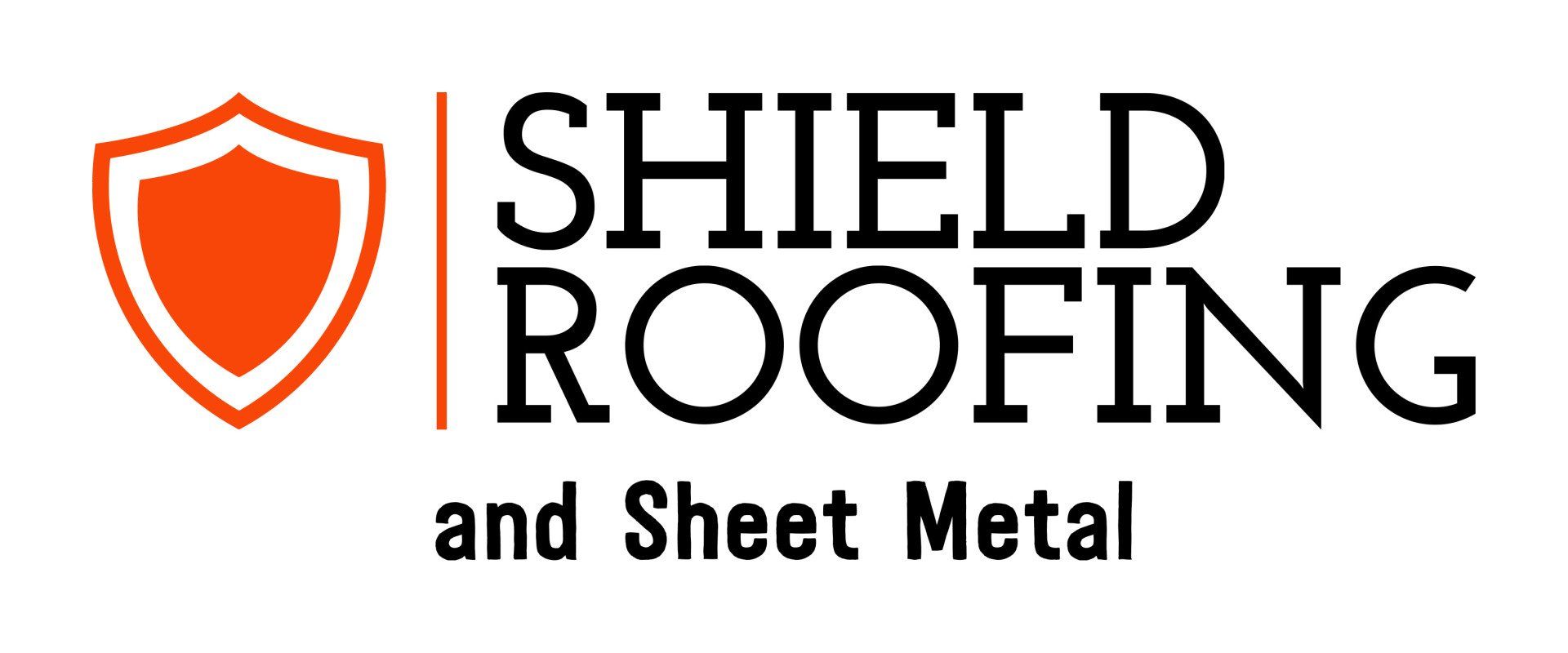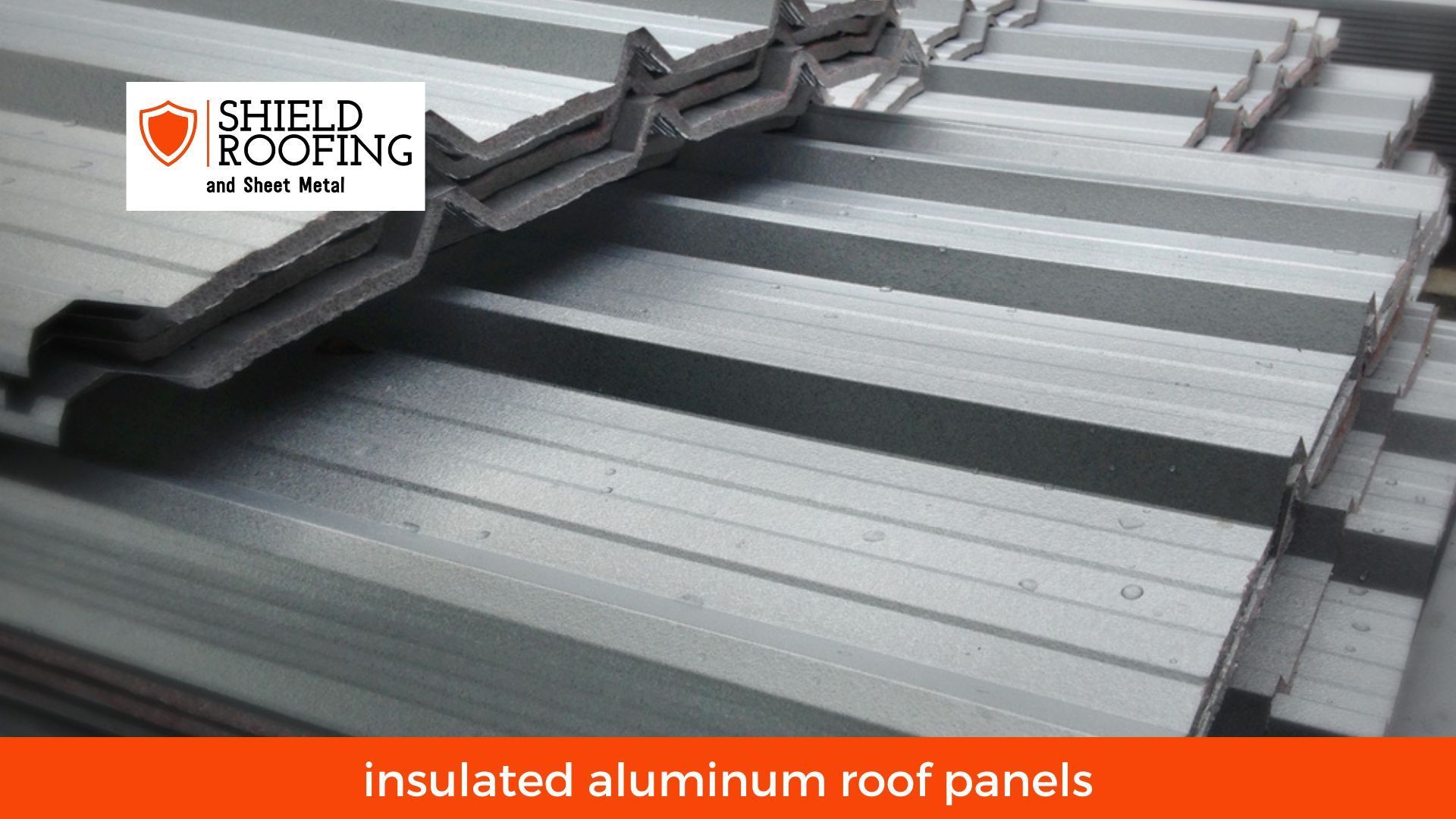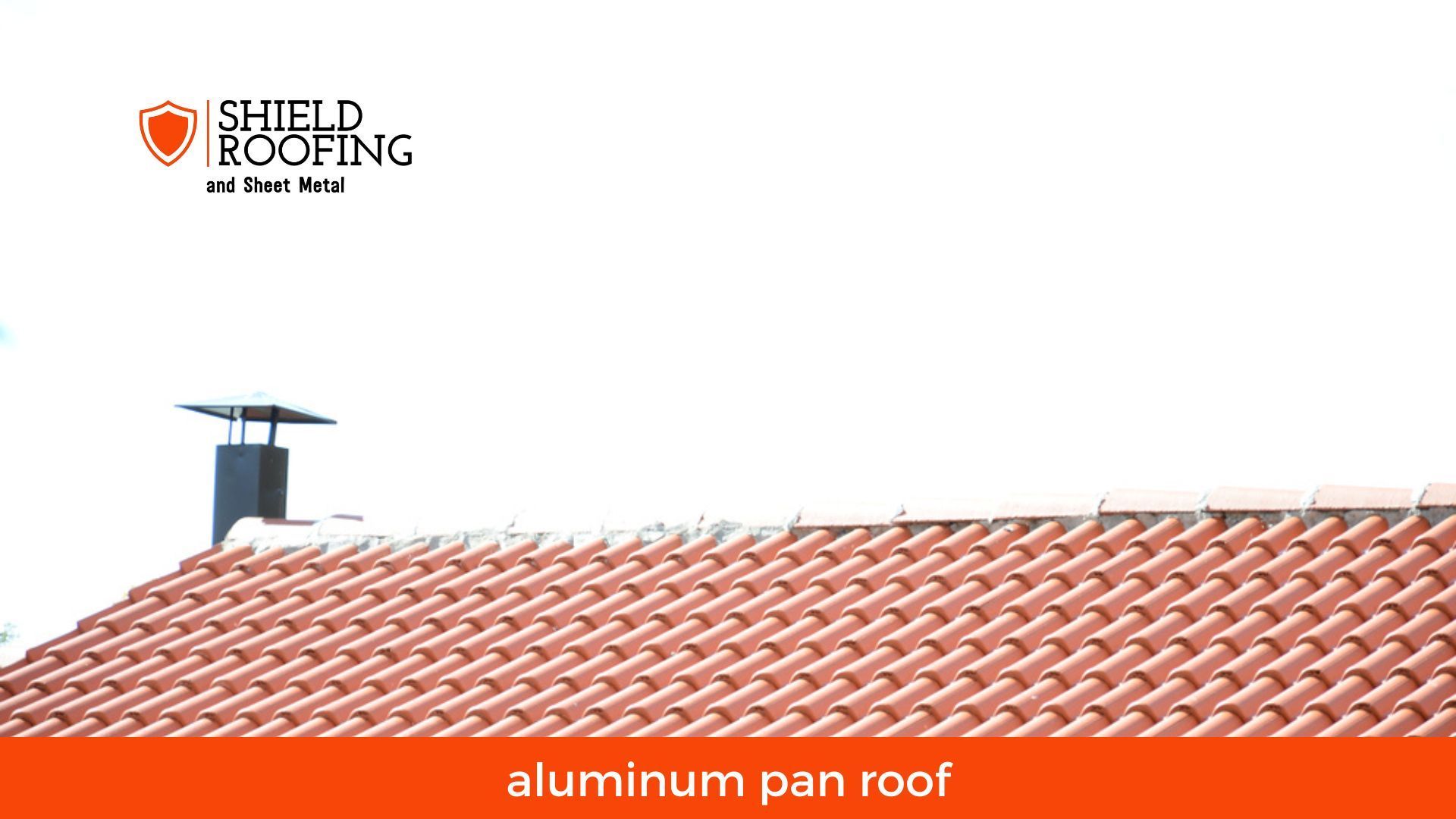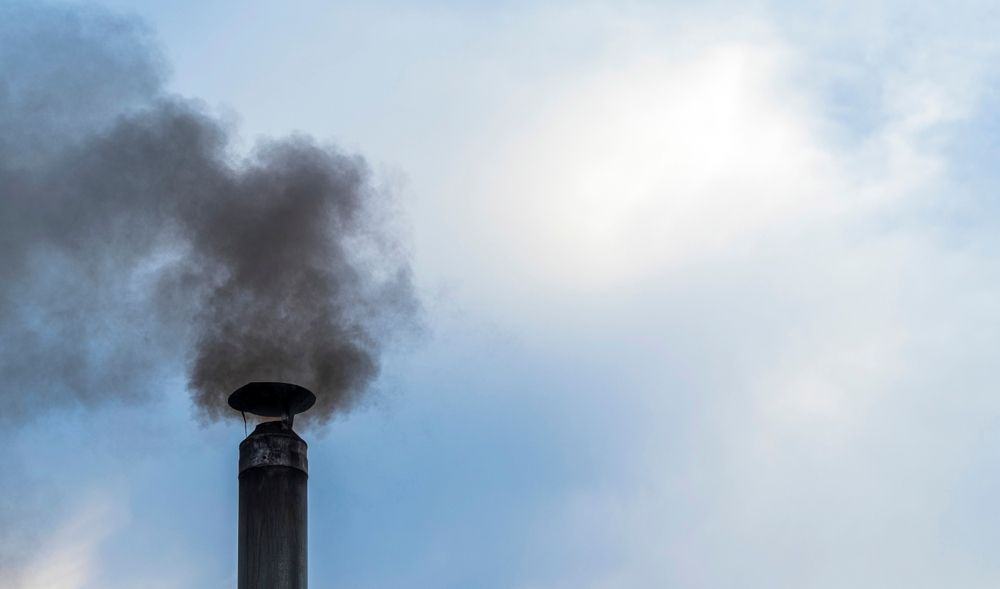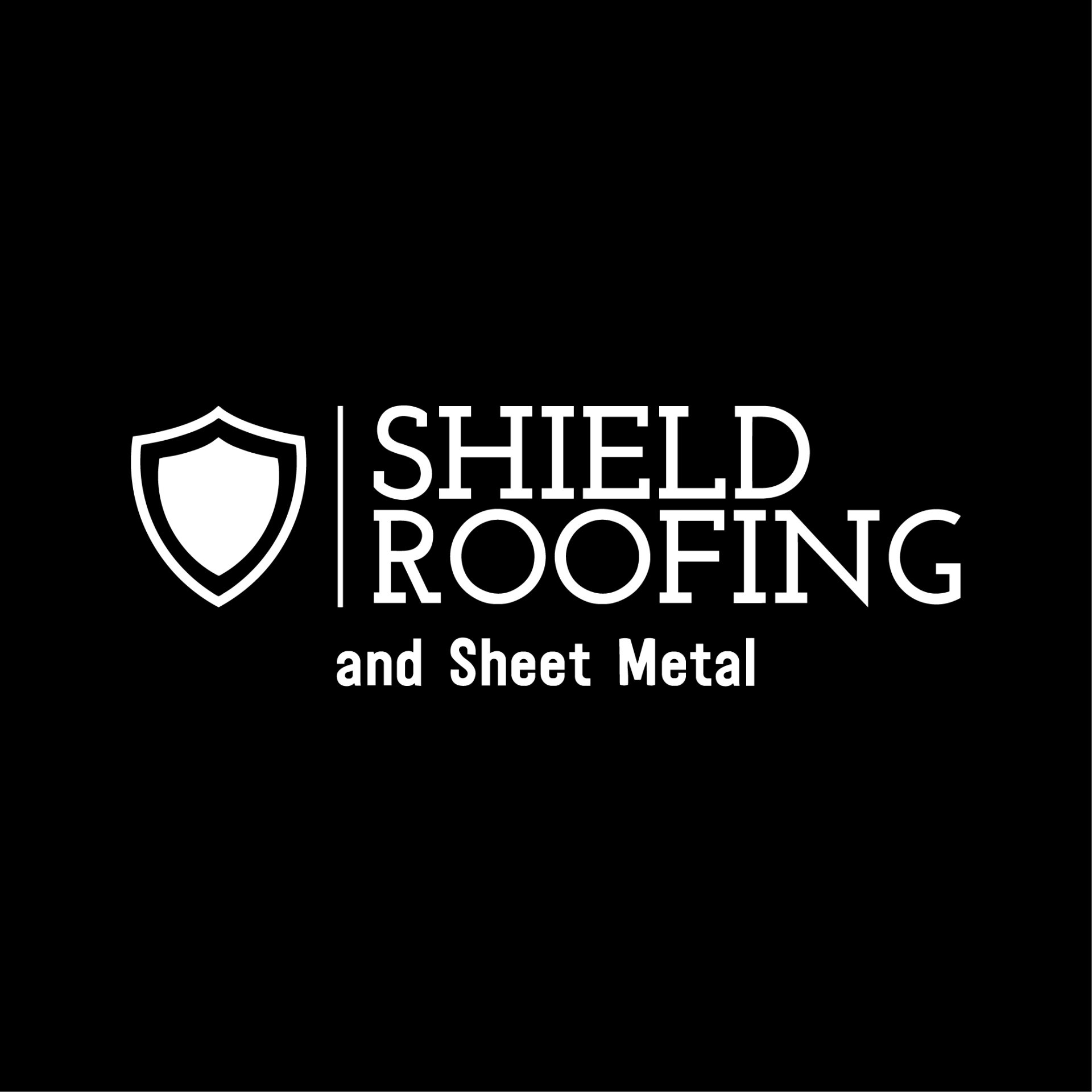The Advantages and Disadvantages of Steel Roofing in Houston
Advantages and Disadvantages of Steel Roofing
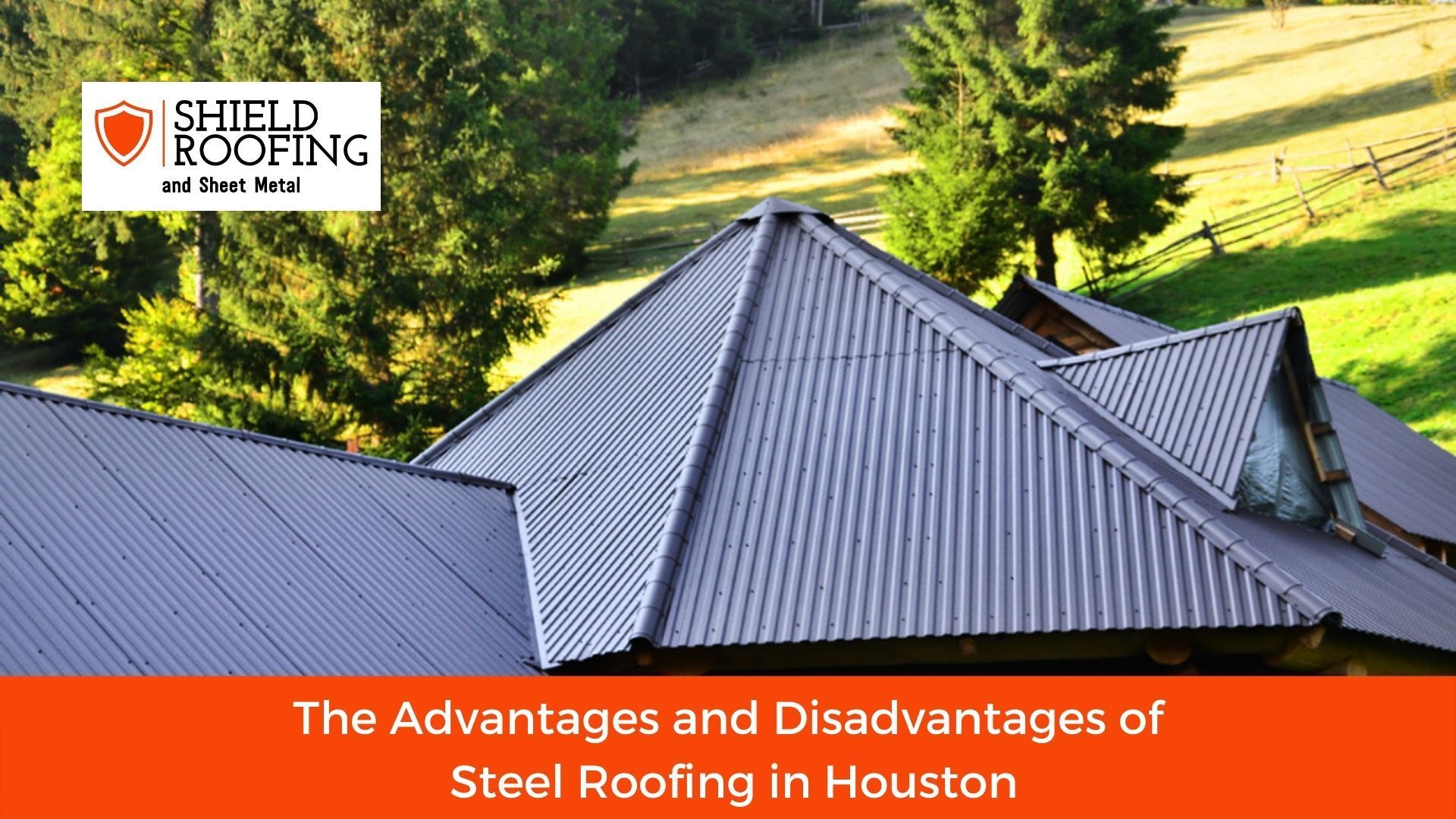
Steel roofing is a type of material that has been growing in popularity in recent years. There are several reasons for this: steel roofs are durable, can last for decades, and are energy efficient. However, there are also some disadvantages to steel roofing that you should be aware of before deciding whether or not to install one in your home. In this blog post, we will discuss the advantages and disadvantages of steel roofing so that you can make an informed decision about whether or not it is the right choice for you.
The Advantages of Steel Roofing
Here are some of the advantages of steel roofing:
Longevity
A steel roof can last up to three times as long as a traditional asphalt shingle roof, making it a sound investment for any property owner. In addition, many steel roofs come with a 50-year warranty — compared to the 20-30 year warranties offered on most asphalt shingle roofs. When you factor in the lower maintenance costs associated with metal roofs (more on that later), it is easy to see how steel offers superior value over the long term.
Durability
Steel is one of the most durable materials for commercial and industrial roofing applications. It can withstand high winds, hail, and other severe weather conditions that would damage or destroy other types of roofs. And because steel is so strong, it can also support the weight of heavy equipment, snow, and ice without collapsing.
Low Maintenance
Metal roofs are virtually maintenance-free. Unlike asphalt shingles, which need to be replaced every 20-30 years, steel roofs can last 50 years or more with little to no upkeep. And when repairs are needed, they are usually quick and easy to fix.
Reflective Properties
Another advantage of steel roofing is its reflective properties. It helps keep your building cooler in the summer by reflecting sunlight away from the roof's surface. As a result, you will use less energy to cool your building, saving you money on your energy bills.
Lightweight
Steel roofs are also much lighter than other types of roofing, such as asphalt shingles. It is important because it reduces the stress on your building's structure, which can extend its life.
Fire Resistant
One of the most important advantages of steel roofing is its fire resistance. Steel roofs are non-combustible so they won't catch fire from sparks or embers. As a result, it makes them an ideal choice for areas that are prone to wildfires.
Disadvantages of Steel Roofing
While metal roofing has many advantages, there are also a few potential disadvantages that you should be aware of before deciding whether or not to install one in your home. These include:
Tendency to Dent
One of the main disadvantages of steel roofing is that it can dent more easily than other types of roofing. It is because steel is a softer metal than other roofing materials, such as aluminum or copper.
Cost
Steel roofs can also be more expensive than other types of roofing, such as asphalt shingles. However, they often last longer than other types of roofs, so you may save money in the long run. Inconsistency of color match
Slippery When Wet
Another disadvantage of steel roofs is that they can be quite slippery when wet. It means that you'll need extra care when walking on your roof, and you may need to invest in special shoes or cleats to help improve traction.
Conclusion
Steel roofs are a popular choice for homeowners because of their many advantages, but there are also some disadvantages to consider before deciding. We hope this article has helped you better understand the pros and cons of steel roofing so that you can make an informed decision about what's best for your home.
If you have any questions or need roof repairing and installing service, contact
Shield Roofing and Sheet Metal in Houston to install a new roof on your home.

